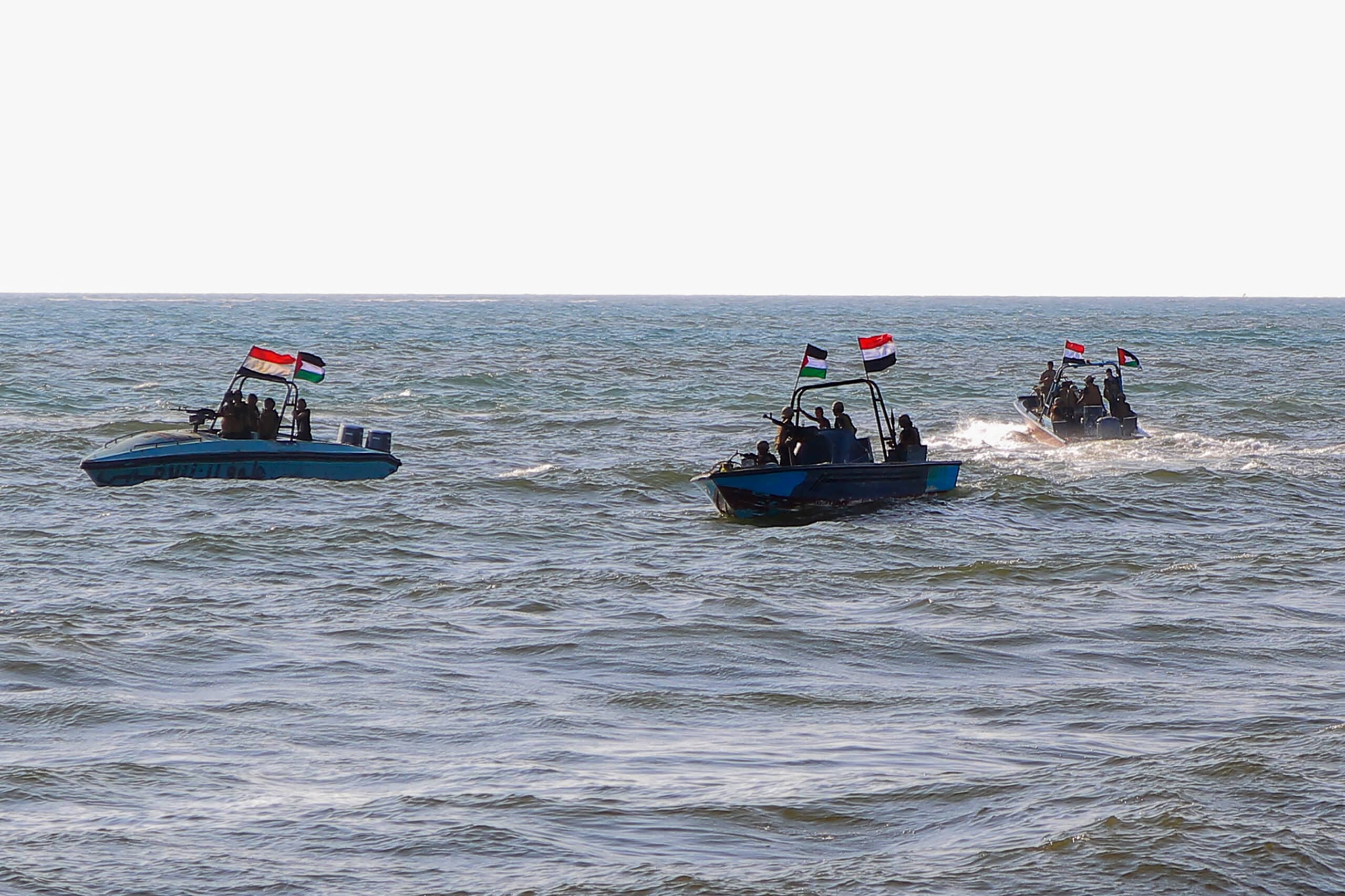The Yemen Imbroglio Gets Even Worse for U.S. Interests
Foreign Affairs
State of the Union: Today, America can’t even differentiate between its own people, ships, and commerce and that of the rest of the world.
Rogue actors are wreaking havoc on Mediterranean trade.
The year is not 2024 but 1801. The newly inaugurated president, Thomas Jefferson, once negotiated on behalf of the new American regime with Tripolitania to reduce the economic and human toll of piracy on Americans conducting commerce.
Over the years, Jefferson grew tired of the ever-increasing demands of the Barbary states. When Jefferson refused to pay the Barbary states in the form of a consular gift upon assuming the presidency, the Pasha declared war on the United States. Jefferson, however, had already sent an envoy to the Barbary coast in an attempt to keep the peace. Learning of this declaration of war, Jefferson commanded the envoy’s leader, Commodore Richard Dale, to “protect American ships and citizens against potential aggression,” but added, he was “unauthorized by the constitution, without the sanction of Congress, to go beyond the line of defense.”
Certainly, the Barbary pirates were menacing savages. Between the 16th and 19th century, the pirates captured and sold into slavery at least a million Europeans. But this was not the casus belli for Jefferson. The war came when the pirates, under the declaration of war, attacked U.S. owned and operated commercial ships. American gunboats came to their defense.
Now to 2024—rogue actors yet again are disrupting Mediterranean commerce to the southeast.
The Houthi rebels announced late Wednesday it launched attacks against U.S. and Israeli vessels in the Gulf of Aden.
In a video address on Wednesday evening, Yahya Saree, a Houthi spokesperson, said the Houthis successfully targeted and hit the Maersk Yorktown. The U.S. military has since confirmed the attack, claiming the Houthis used an antiship ballistic missile against the vessel. Thankfully, “there were no injuries or damage reported by US, coalition, or commercial ships,” a statement from U.S. Central Command (CENTCOM) read.
One other piece of important information provided by CENTCOM: the ship targeted was a “U.S.-flagged, owned, and operated vessel with 18 U.S. and four Greek crew members.”
The reason this piece of information is so interesting is that up until this point, U.S. strikes against Houthi targets in Yemen have been responses to attacks on commercial ships that are, for the most part, neither owned or operated by the United States.
Wednesday’s strike should not be considered escalatory on the part of the Houthis given that the United States has not made any distinction between U.S. and foreign commercial vessels. That fact is a powerful indictment on America’s current foreign policy apparatus. Long are the days of Thomas Jefferson when American foreign policy first looked out for America’s interests. Today, America can’t even differentiate between its own people, ships, and commerce and that of the rest of the world.
What we saw Wednesday in the Gulf of Aden—which failed to make front page news—is the Nikki Haley-esque logic of “an attack on (fill in the blank country) is an attack on America” put into practice. Jefferson weeps.
Originally found on American Conservative. Read More








